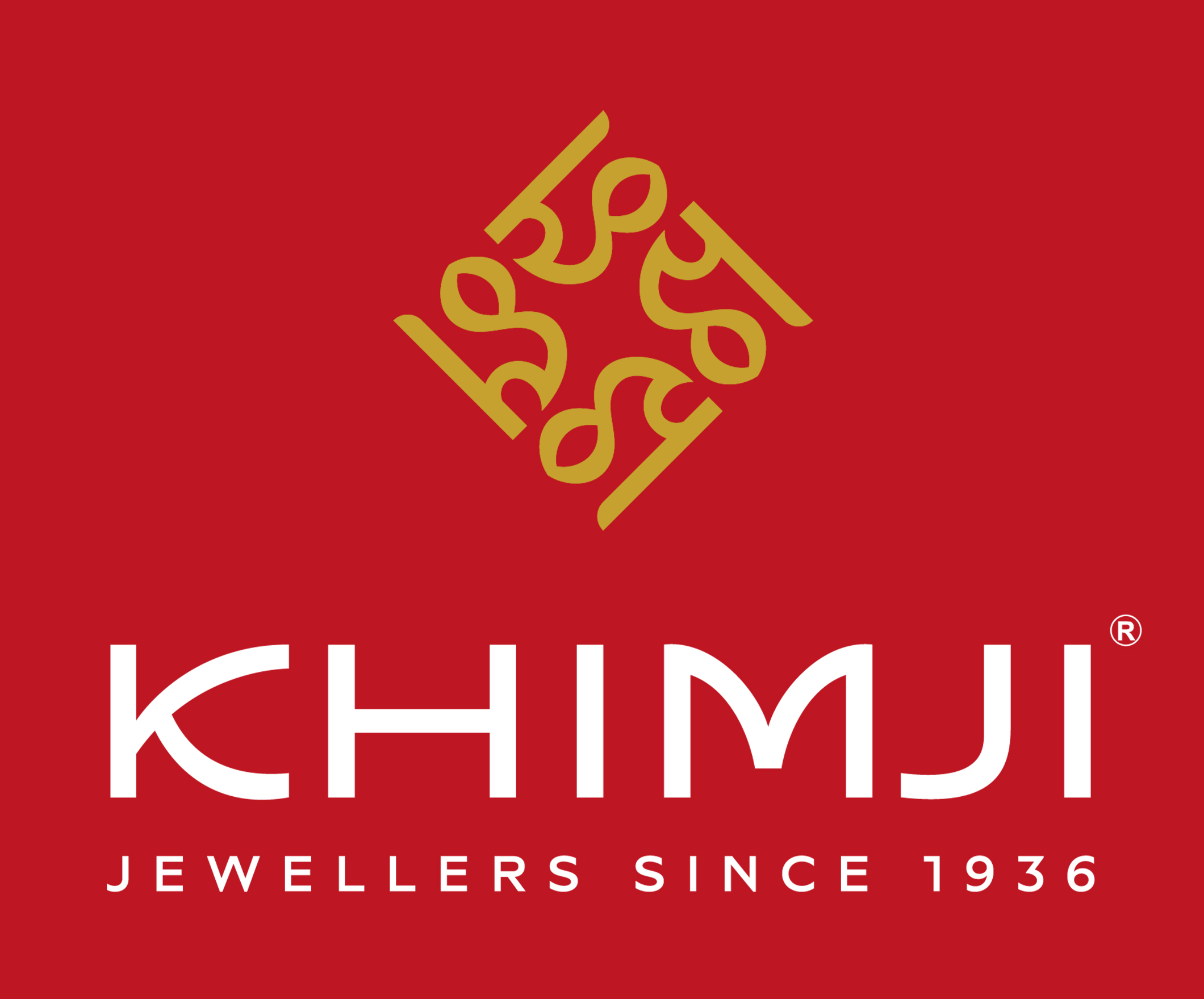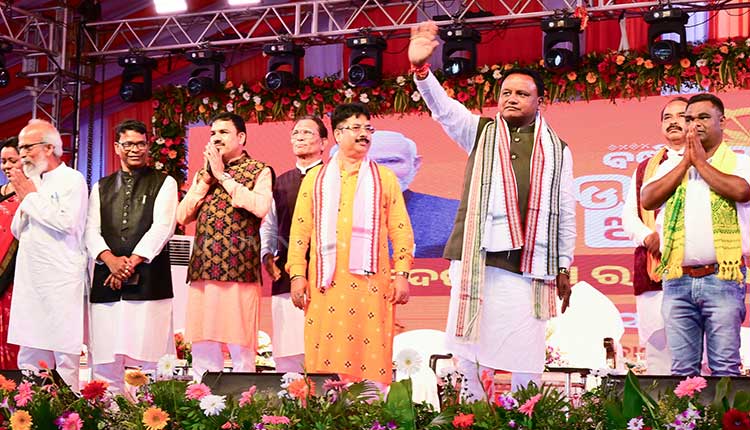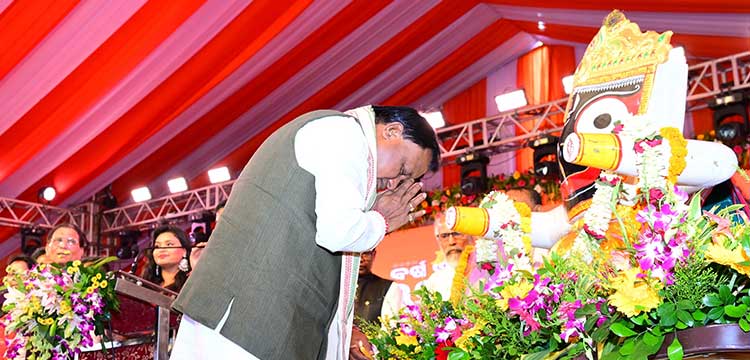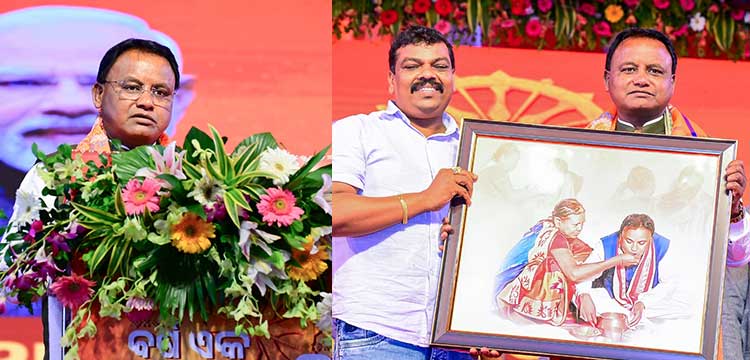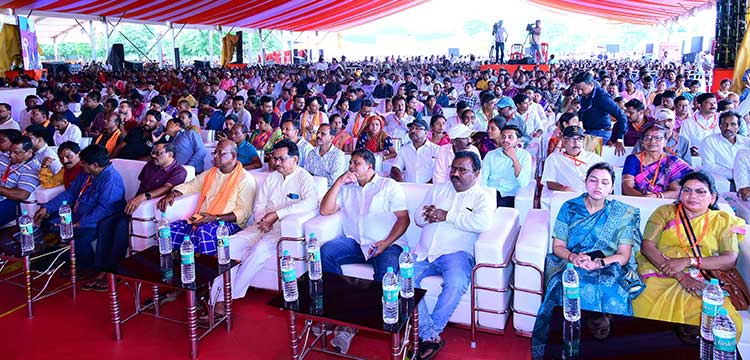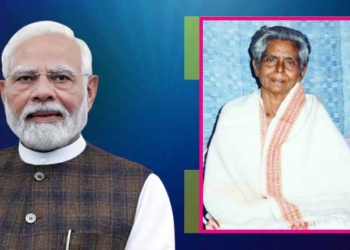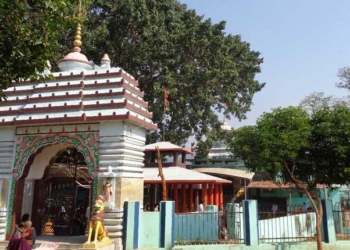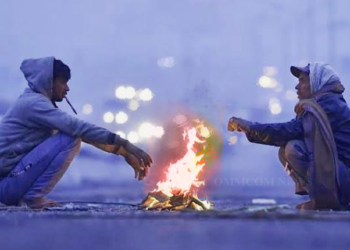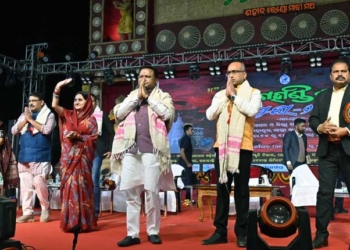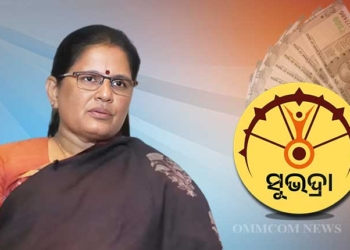Bhubaneswar: Chief Minister Mohan Charan Majhi inaugurated the state-level ‘Adivasi Shakti Samavesh’ on Wednesday to mark the first anniversary of the BJP government in Odisha.
The event was held at the Chhau Padia ground in Baripada of Mayurbhanj district.
Addressing a large gathering, Majhi emphasized the significance of tribal culture in Odisha’s rich cultural heritage.
“Tribal culture holds a special place in the cultural landscape of our state. Our vision is to transform Odisha into a prosperous state by 2036. To achieve this, we must focus on the development of tribal and Scheduled Caste communities, who constitute 40 percent of our population,” he said.
The ‘Adivasi Shakti Samavesh’ showcased a vibrant blend of tribal traditions and culture. Organized by the Scheduled Tribes and Scheduled Castes Development and Minorities and Backward Classes Welfare Department, the fair aimed to bring together diverse tribal communities from across the state, fostering cultural exchange and unity. The Chief Minister highlighted the government’s commitment to addressing tribal issues related to education, health, and social security.
“The soul of Odisha is its tribes, who make up nearly a quarter of our population. Tribals have risen to prominence nationally, with seven MLAs from Mayurbhanj representing the district. It is a matter of pride that a tribal daughter from Mayurbhanj now serves as India’s President, inspiring women across the nation,” Majhi added.
He further outlined government initiatives such as the ‘Mukhyamantri Janajati Jeevika Mission Scheme,’ which has improved livelihoods for 1.45 lakh tribal families through agriculture, irrigation, and animal husbandry. Additionally, 5,000 tribal youths and women have launched small-scale industries with government assistance.
In education, the government has allocated Rs 732.48 crore for constructing 83 new Scheduled Tribe and Scheduled Caste hostels, 23 OBC hostels, and 229 primary school hostels in 2024. The ‘Shahid Madho Singh Haath Kharcha Scheme’ has been introduced at secondary and higher secondary levels to make education more accessible. Furthermore, Rs 100 crore has been earmarked for upgrading residential schools under the ‘Shaheed Laxman Nayak Adarsh Ashram Vidyalaya Yojana.’
The PM-Janman Yojana aims to benefit nearly 3 lakh people, primarily from Particularly Vulnerable Tribal Groups (PVTGs), across 1,679 villages in 14 districts. The government has also laid foundation stones for the Tribal Culture and Heritage Bhavan and Tribal Language Institute with respective budgets of Rs 100 crore and Rs 50 crore.
Ministers present at the event reiterated their commitment to tribal welfare.
“The development of tribal society begins with spreading education in every tribal family,” said ST & SC Development Minister Nityananda Gond.
Panchayati Raj Minister Rabinarayan Naik affirmed the government’s resolve to meet the basic needs of marginalized tribal communities.
Housing and Urban Development Minister Dr. Krushna Chandra Mahapatra stated that the social system, cultural richness, and originality of the tribals must be preserved because the core of Odisha’s culture is its indigenous people.
On this occasion, Forest, Environment, and Climate Change Minister Ganesh Ram Singh Khuntia said that the development of tribals represents not only the growth of our culture but also the advancement of our environment.
The Chief Minister honored individuals from various tribal communities for their outstanding contributions to tribal folklore, culture, and traditions.
Notable attendees included Rajya Sabha MP Mamata Mohanta, Balasore MP Pratap Chandra Sarangi, Mayurbhanj MP Naba Charan Majhi, Udala MLA Bhaskar Madhei, Karanjia MLA Padma Charan Haiburu, Saraskana MLA Bhadav Hansdah, Baripada MLA Prakash Soren, Rairangpur MLA Jalen Naik, and Bangriposi MLA Sanjali Murmu.
Badasahi MLA Sanatan Bijuli delivered the welcome address, while Scheduled Castes and Tribes Department Director Poma Tudu gave the vote of thanks.



